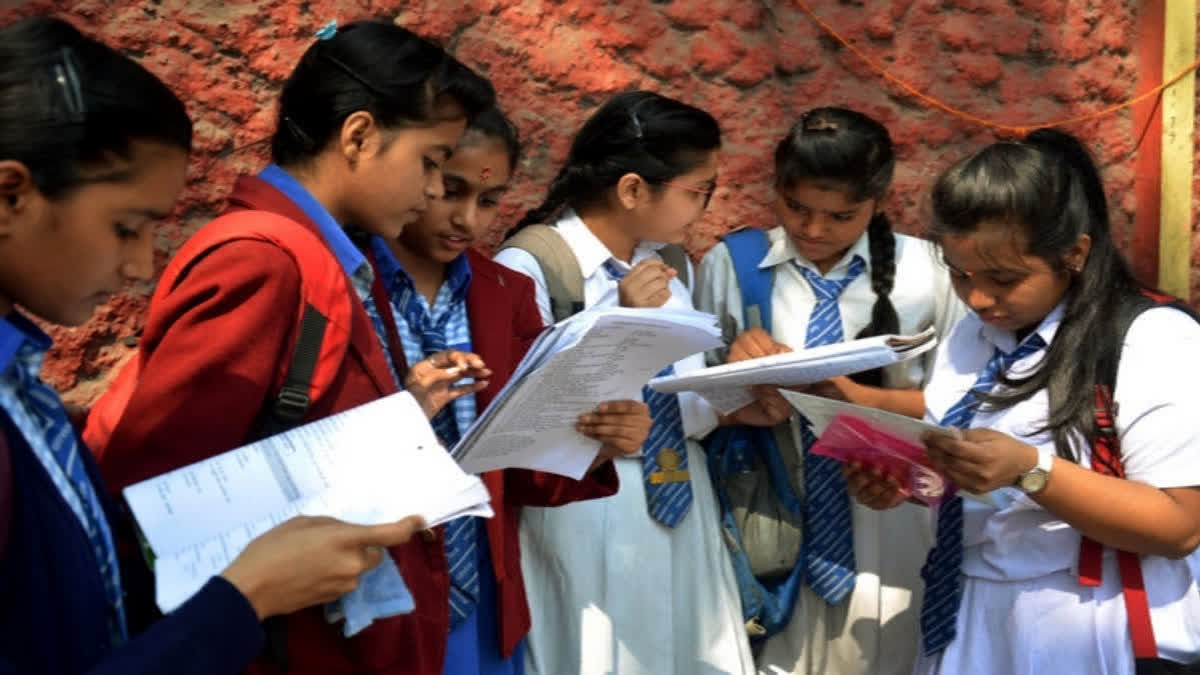New Delhi: On the pretext of pursuing the National Education Policy (NEP), 2020, many educational institutions are disproportionately admitting students, even beyond the prescribed limit to various courses run by them and no action has been taken by the UGC against such institutions, revealed the Parliamentary Committee on Government Assurances led by Dr M Thambidurai in its latest report.
The committee said that this has given rise to the monopoly of the education ecosystem by some big educational institutions, as such big institutions admit students in large numbers into various courses offered by them. “As a result, the smaller institutions struggle to find students to fill vacant seats for courses run by them,” the Parliamentary Committee on Government Assurances said.
Due to the monopoly of the education ecosystem by big educational institutions, infrastructure set up and resources mobilised by such smaller institutions remain idle, which amounts to sheer wastage of national assets created by them.
“Such discriminatory treatment may not only force smaller institutions run by various well-known Societies/Trusts to close down, but also discourage opening up of new educational institutions and defeat the whole purpose of revamping our educational system as envisaged in NEP, 2020,” the committee said in its report.
The committee opined that the UGC should take stern action against big educational institutions indulging in such monopolistic practices so that there is no discrimination between big and small educational institutions as all the institutions operate only after due approval from the statutory bodies concerned like AICTE and others.
The committee further expressed the view that such practice would discourage the growth of new educational institutions as they will find it unviable to operate among other big educational institutions.
Regarding changes to the system of higher education and vocational education, the secretary of the Department of Higher Education submitted before the committee that the National Education Policy, 2020, laid out clear-cut guidelines and a road map for the adoption of vocational education and practical training in the regular academic curriculum.
“In line with these guidelines, the University Grants Commission (UGC), the All India Council for Technical Education (AICTE) and the National Council for Vocational Education Training (NCTE) jointly came out with a national curriculum framework which recognises the need for having vocational education as part of the regular education stream,” the secretary in the department of Higher Education said.
It was informed that UGC came out with a number of initiatives, such as professor of practice, and industry-academia connect and translated these into a national higher education qualification framework.
Furthermore, the AICTE has also launched a portal AICTE Internship Portal, which brings together aspiring students desirous of taking up internship programmes, as per their choices and industry in order to provide them avenues for internship and training by simply registering on the portal.
Read more: A Look at Progress of Medical Education System and Infrastructure in India



